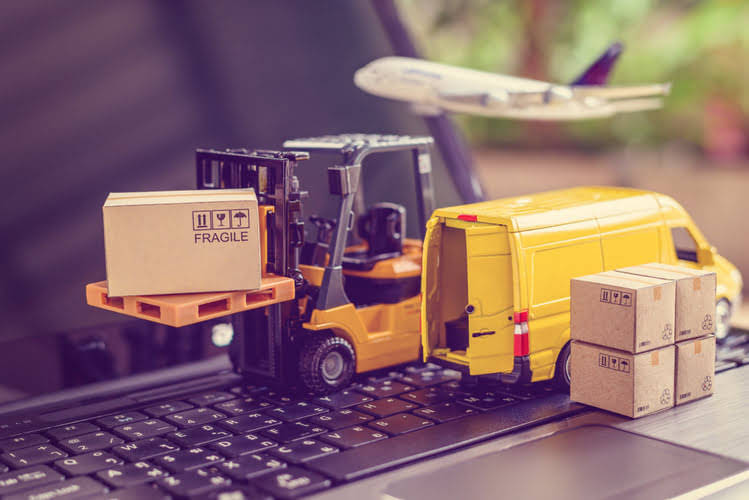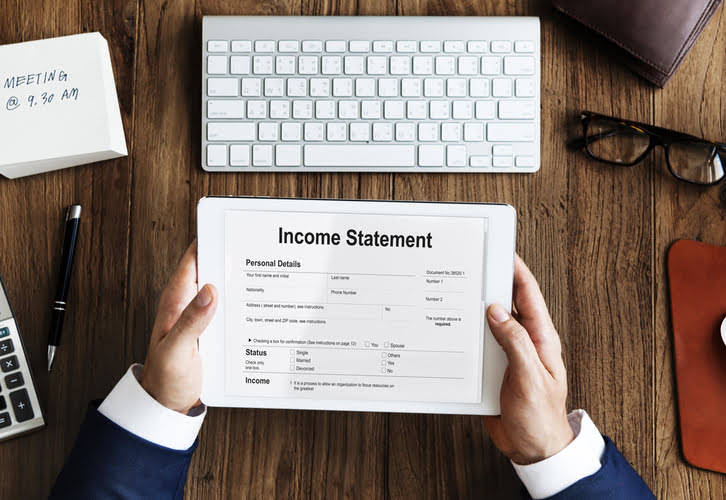
For the best customer experience and a consistent sales tax process across all EU member states, follow the rules for distance selling in the EU. Here you’ll also learn everything you need to know about the distance selling thresholds. If you are an EU VAT-registered business, and your supplier is also in the EU, then VAT on these B2B purchases is managed through the reverse-charge mechanism.
- However, if the retailer isn’t registered in the ship to state, can they legally issue a resale certificate for the ship to state?
- When a customer who is also located in New York makes a purchase, you will be responsible for collecting sales tax from the customer regardless of how the purchased goods are delivered.
- Always check each state’s tax policy to make sure you’re staying within the rules.
- You’ll need to collect a valid and accurately completed exemption form or resale certificate from all your retailers.
- Besides the traditional physical nexus, states have introduced economic nexus laws to ensure that online retailers also collect and remit sales taxes.
The role of the retailer, supplier, and customer
- If you have physical or economic nexus in a particular state, you’ll need to collect and remit state sales tax on transactions with customers living there.
- Collecting sales tax as a drop shipper can feel like an algebra problem, depending on the scenario.
- Be sure to vet potential suppliers carefully, checking reviews and asking for samples if possible.
- For example, you have an office in Pennsylvania and know that you have nexus when a customer buys something from you in that state.
- Delivery charges for taxable sales are generally taxable in Wisconsin, whether delivery is by common or contract carrier, USPS, or the seller’s vehicle.
- Charges to transport property to the vendor (freight-in charges) are considered part of the vendor’s overhead and are included in the sales price subject to tax.
- The supplier receives the order and payment from the retailer.
Sometimes a company will accept orders for a product it doesn’t actually stock. Instead of investing upfront to own and warehouse the item, the company waits until the product is purchased. It then buys the item from a third party, such as a wholesale warehouse or manufacturer, and directs that company to ship directly to the customer. In the eyes of the customer, the original seller was the one who provided the goods—even though it was a separate supplier who stocked, packaged and delivered it. Since you don’t need to purchase inventory upfront, you can start a drop shipping business with minimal investment. This makes it an attractive option for those who want to test the waters of e-commerce without breaking the bank.

Start Your Free Trial Today
Ron doesn’t have the coffee cup in his stock, so he purchases the cup from Debbie Drop Shipper, and has Debbie deliver the cup to Bobby. The magic happens when our intuitive software and real, human support come together. Book a demo today to see what running your business is like with Bench. Not sure where to start or which accounting service fits your needs? Our team is ready to learn about your business and guide you to the right solution. Try Shopify for free, and explore all the tools you need to start, run, and grow your business.

Need help understanding your sales tax requirements, as well as calculating and collecting sales tax? Contact us today.
Drop shipments are becoming an increasingly common method for omnichannel retailers and eCommerce companies to fulfill online orders and move products quickly from state to state. For starters, it’s one of the easiest ways to start an e-commerce business. You don’t need to law firm chart of accounts invest in inventory upfront, and you can run your store from anywhere with an internet connection. But let’s not get ahead of ourselves—there’s a lot more to unpack here. Drop shipping is a popular business model for online sellers.
- Use Shopify’s tax tool to assess whether sales tax applies to your transactions.
- Whether you’re at home, in a coffee shop, or traveling the world, all you need is a laptop and a reliable internet connection to manage your store.
- However, this is changing, and enforcement around online purchases has been growing in recent years.
- A nexus is a connection or presence that triggers the requirement to collect and remit sales tax, and it can result from a physical location, sales threshold, or even the activities of affiliates and partners.
- The advent of economic nexus has increased the burden of exemption certificate management for many suppliers.
Is SaaS Taxable in California in 2025?
However, managing do you pay taxes on drop shipping multiple suppliers can be more complex, so it’s important to stay organized. Just because you’re not handling the fulfillment doesn’t mean you can ignore your customers. Be proactive in addressing their concerns and resolving any issues that arise.

Charges for a company to deliver goods in its own vehicle are often taxed differently than charges for delivery by common carrier or private carrier. A combined charge for shipping and handling services may be taxed differently from separate charges. Unless you are operating your dropshipping business as a sole proprietor and using your Social Security normal balance number as your tax identification number, you will likely need a tax ID from the IRS for your business. You may also need a tax permit from the states in which you are subject to sales tax. A qualified tax professional can help you better understand the requirements for your individual business. If you meet a nexus in a state that requires sales tax, yes.
- We take the burden of tax compliance off your shoulders—no need to manage software or worry about getting it right – we do your tax for you.
- To calculate sales tax for drop shipped items, you need to determine the sales tax rate of the destination state and any applicable local taxes.
- Shipping and handling charges incurred on behalf of the seller of taxable goods are generally taxable in Indiana, whether included in the sale price or separately stated.
- As a retailer, you can present your resale certificate to your vendor to let them know that they aren’t required to collect sales tax from you.
In this situation, they could be responsible for collecting sales tax. Keep in mind that this depends on the state, and the vendor would need to verify this information. It’s important to ensure that both you and the vendor understand who is collecting sales tax – this will help you avoid double charging sales tax or not collecting any at all. As with resale certificates, it is crucial to be aware of each state’s specific rules and regulations pertaining to exemption certificates. Proper documentation and filing of these certificates ensures that you remain in compliance with the different state requirements. Delivery charges for taxable sales are generally taxable in Wisconsin, whether delivery is by common or contract carrier, USPS, or the seller’s vehicle.